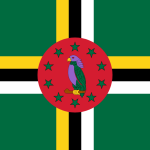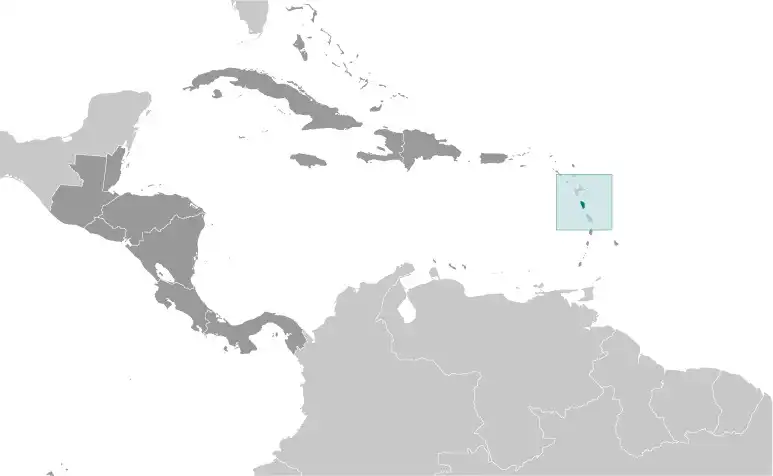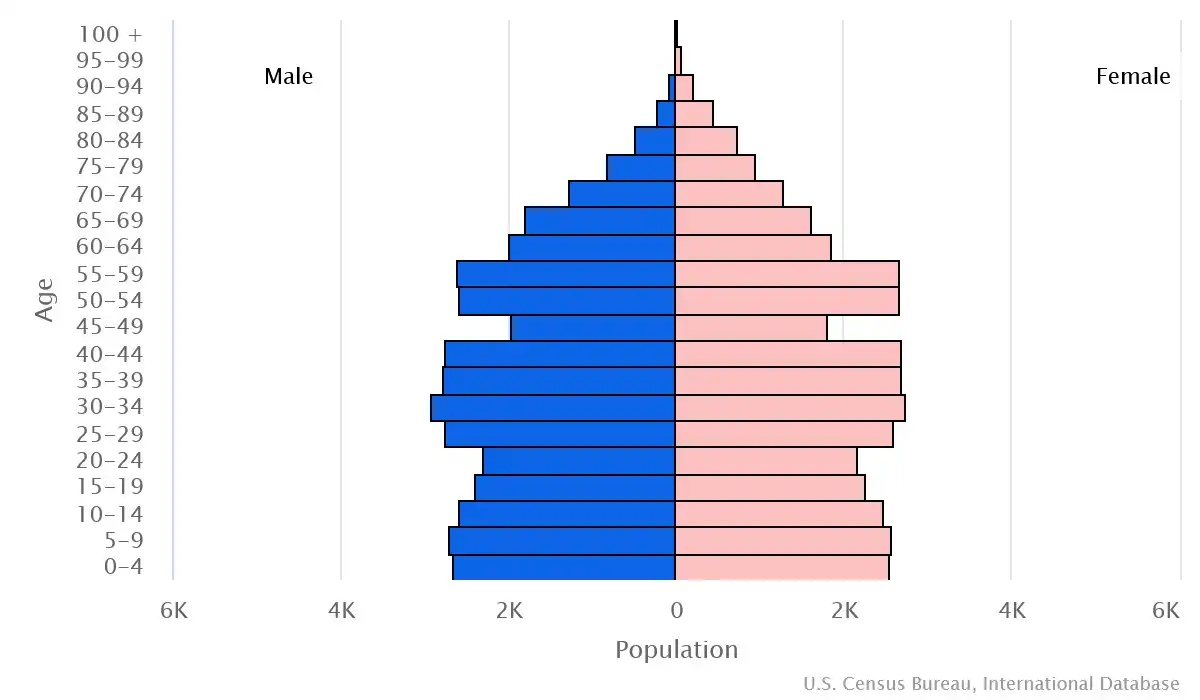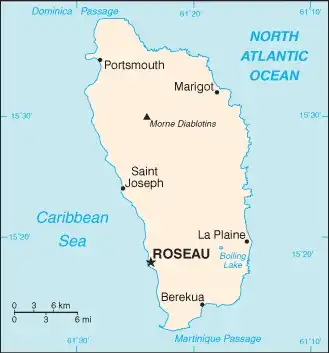
Dominica
Veröffentlicht: 18. June 2022 - Letztes Update: 28. February 2025
Country Data Dashboard

Population
74,661
Growth: -0.01% (2024 est.)
GDP
$653.993 million
(2023 est.)
Area
751 sq km
| Government type: | parliamentary republic |
| Capital: | Roseau |
| Languages: | English (official), French patois |
People & Society
Ethnicity (2011 est.)
Religion (2011 est.)
Age structure

Economy
Economic overview
highly agrarian OECS island economy; ECCU-member state; large banana exporter; improved oversight of its citizenship-by-investment program; emerging ecotourism, information and communications, and education industries
Real GDP (purchasing power parity) in Billion $
Real GDP per capita in $
Exports & Imports in million $
Top 5 Import Partner in 2022 (71%)
Top 5 Import Commodities in 2022
- refined petroleum ⛽
- natural gas 💨
- crude petroleum 🛢️
- plastic products ♻️
- cars 🚗
Top 5 Export Partner in 2022 (71%)
Top 5 Export Commodities in 2022
- power equipment 🔋
- soap 🧼
- raw iron bars 🛠️
- natural gas 💨
- tropical fruits 🍍
Geography
Map

Area
Natural resources
- timber 🌲
- hydropower 💧⚡
- arable land 🌱
Climate
tropical; moderated by northeast trade winds; heavy rainfall
Historical Background Information
Dominica was the last of the Caribbean islands to be colonized by Europeans, due chiefly to the fierce resistance of the native Caribs. France ceded possession to Britain in 1763, and Dominica became a British colony in 1805. Slavery ended in 1833, and in 1835, the first three men of African descent were elected to the legislative assembly of Dominica. In 1871, Dominica became first part of the British Leeward Islands and then the British Windward Islands until 1958. In 1967, Dominica became an associated state of the UK, formally taking responsibility for its internal affairs, and the country gained its independence in 1978. In 1980, Dominica's fortunes improved when Mary Eugenia CHARLES -- the first female prime minister in the Caribbean -- replaced a corrupt and tyrannical administration, and she served for the next 15 years. In 2017, Hurricane Maria passed over the island, causing extensive damage to structures, roads, communications, and the power supply, and largely destroying critical agricultural areas.
